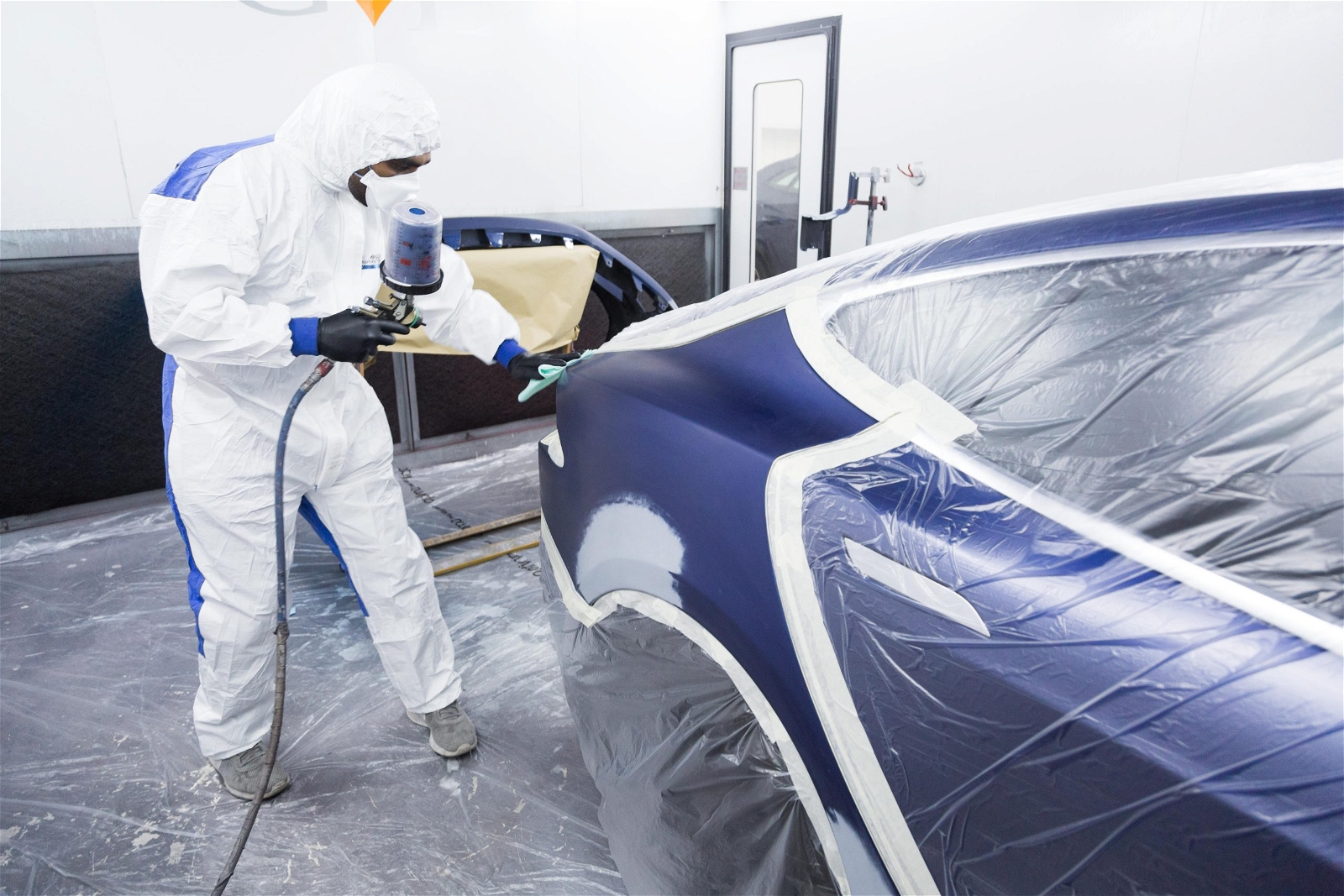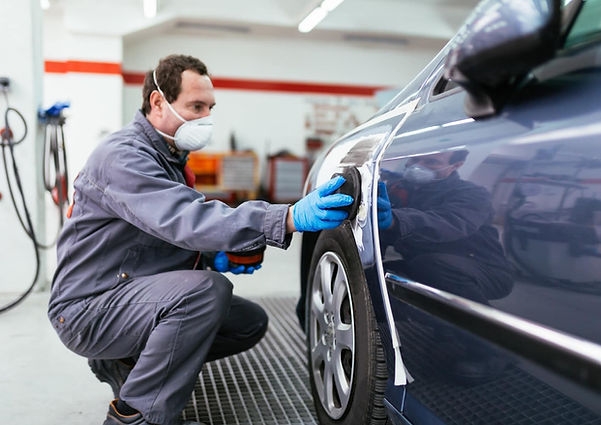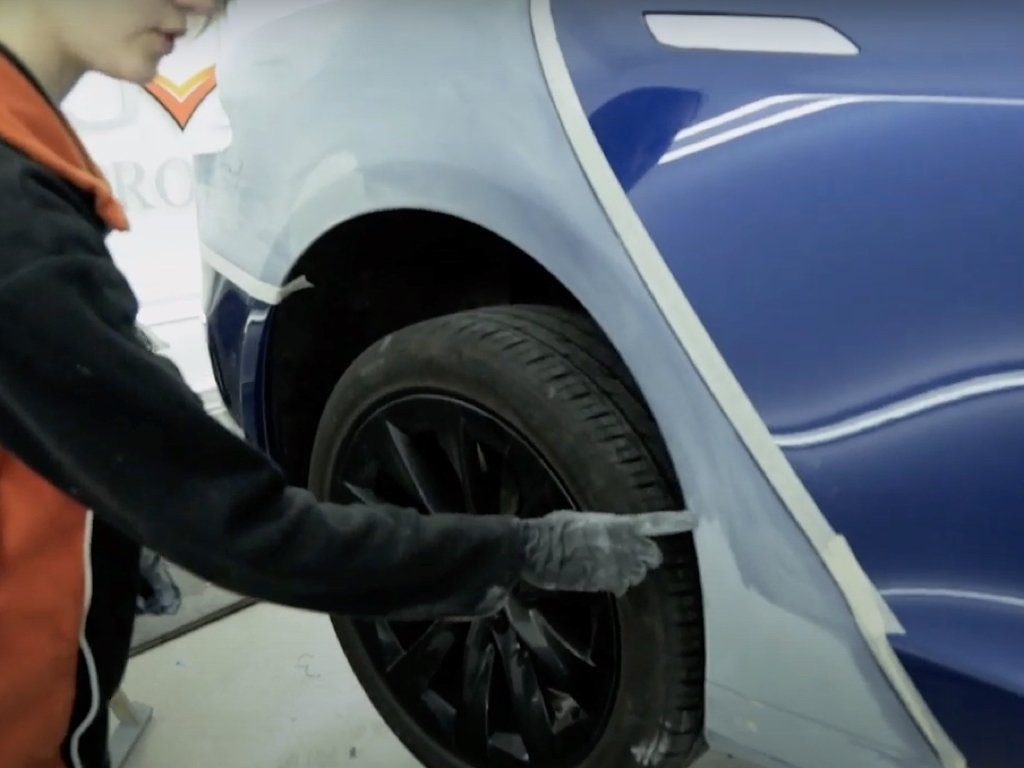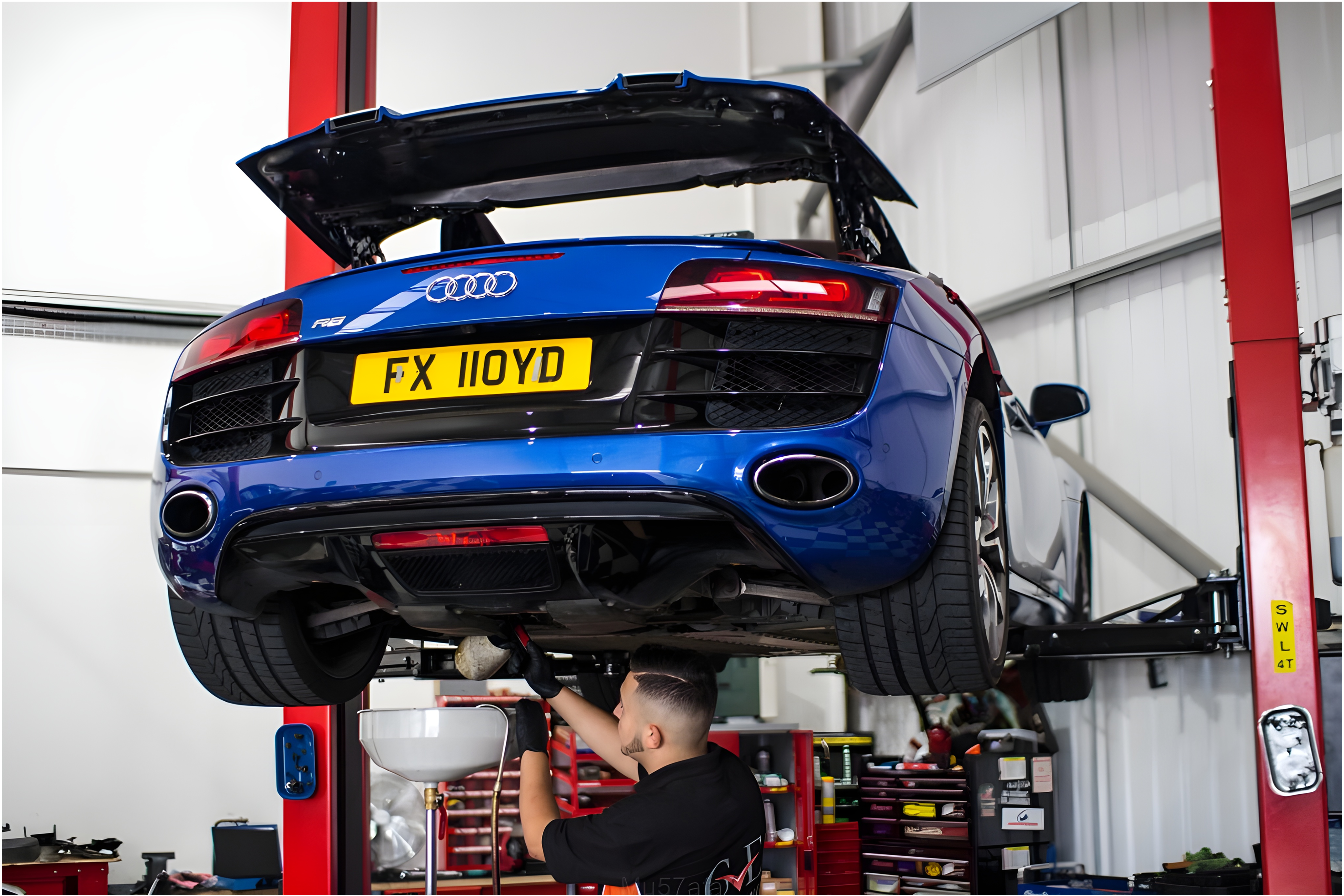
Role of Body shops in Non-Fault Accident Claims
Learn about the crucial role of body shops in non-fault accident claims. Discover how body shops assess damage, provide estimates, and carry out repairs, ensuring vehicles are restored to their pre-accident condition.
Role of Body shops in Non-Fault Accident Claims
In the aftermath of a non-fault accident, individuals often find themselves navigating a complex web of insurance claims and repairs. Body shops play a crucial role in this process, serving as the primary point of contact for repairing the damage to vehicles.
Body shops play a crucial role in non-fault accident claims by serving as the primary point of contact for repairing vehicles and managing the repair process. Here are some key aspects of their role:
1. Assessment of Damage
Body shops assess the damage to the vehicle after a non-fault accident. This involves a thorough inspection to determine the extent of the damage and the repairs needed.
2. Providing Repair Estimates:
Based on the assessment, body shops provide detailed repair estimates to the vehicle owner. These estimates outline the cost of repairs and the work required to restore the vehicle.
3. Negotiating with Insurance Companies:
Body shops communicate with the at-fault party’s insurance company to negotiate repair costs and obtain approval for the repairs. This involves submitting the repair estimates and providing any additional information required by the insurance company.
4. Carrying Out Repairs
Once the repair estimates are approved, body shops proceed with the repairs. This typically involves disassembling damaged parts, repairing or replacing them as necessary, and reassembling the vehicle.
5. Ensuring Quality Control
Body shops must ensure that all repairs meet industry standards and that the vehicle is restored to its pre-accident condition. This includes ensuring that the vehicle’s structural integrity is not compromised and that all safety systems are functioning correctly.
6. Providing Customer Service
Throughout the repair process, body shops provide excellent customer service. This includes keeping the vehicle owner informed of the progress of the repairs, addressing any concerns or questions they may have, and ensuring that the vehicle is returned to them in a timely manner.
7. Advocating for Customers
Body shops serve as advocates for customers, ensuring that they receive fair treatment from insurance companies and that their rights are protected throughout the claims process.
Understanding Non-Fault Accidents
Non-fault accidents refer to incidents where the driver is not deemed responsible for the collision. In such cases, the at-fault party’s insurance company typically covers the cost of repairs, including any necessary repairs to the vehicle. Body shops play a pivotal role in this process, as they are responsible for assessing the damage, providing repair estimates, and carrying out the repairs.
Assessment and Estimates
When a vehicle is brought to a body shop following a non-fault accident, the first step is to assess the damage. This involves a thorough inspection of the vehicle to determine the extent of the damage and the repairs required. Once the assessment is complete, the body shop provides the owner with a detailed estimate of the repair costs. This estimate is then submitted to the at-fault party’s insurance company for approval.
Repair Process
Once the insurance company approves the repair estimate, the body shop begins the repair process. This typically involves disassembling the damaged parts, repairing or replacing them as necessary, and then reassembling the vehicle. Body shops employ skilled technicians who are trained to work on a wide range of vehicles, ensuring that repairs are carried out to the highest standards.
Quality Control
Quality control is a critical aspect of the repair process. Body shops must ensure that all repairs meet industry standards and that the vehicle is restored to its pre-accident condition. This includes ensuring that the vehicle’s structural integrity is not compromised and that all safety systems are functioning correctly. Once the repairs are complete, the vehicle undergoes a final inspection to ensure that it meets these standards.
Customer Service
Body shops also play a vital role in providing excellent customer service throughout the repair process. This includes keeping the owner informed of the progress of the repairs, addressing any concerns or questions they may have, and ensuring that the vehicle is returned to them in a timely manner. By providing exceptional customer service, body shops can help alleviate some of the stress and inconvenience associated with non-fault accidents.
Understanding Insurance Coverage
Customers involved in non-fault accidents need to understand their insurance coverage to make informed decisions. Insurance claims and repairs policies typically offer three coverage options for auto damages: collision, comprehensive, and liability. Collision coverage applies to physical damages from impacts or upsets, while comprehensive coverage includes damages from non-collision events such as theft or vandalism. Liability coverage is for third-party claimants seeking damages from the at-fault party.
The Customer’s Responsibilities
Customers often unknowingly forfeit their rights by not being informed of issues related to their repair. Repairers should involve customers in the process, informing them of their rights and any issues that may arise. This empowers customers to protect their rights and ensure they receive a proper repair, especially when leasing or financing a vehicle.
As policyholders, customers making non-fault accident claims must adhere to the terms and conditions of their insurance policy. This includes verifying coverage, ensuring the damaged vehicle is covered, and verifying that claimed damages are a result of the covered loss. Customers should also understand their rights under state statutes and regulations governing automotive repair to protect themselves during the claims process.
Insurer’s Perspective
While insurers are primarily concerned with reducing claims costs, repairers should advocate for their customers’ rights and inform them of any attempts to negotiate away legitimate entitlements. Insurers may take advantage of repairers’ reluctance to involve customers in disputes, but informing customers can help hold insurers accountable for their actions.
The Repairer’s Expertise
Body shops, as repair professionals, play a crucial role in ensuring customers receive proper and thorough repairs. Repairers assess damages, provide repair estimates, and inform customers about the repair process. They are obligated to their customers to provide repairs that restore vehicles to their pre-loss condition, safeguarding their safety and economic well-being.
Body Shops at GVE London excel in handling non-fault accident claims, ensuring a seamless process for their clients. They meticulously oversee every aspect, from initial paperwork to final repairs, sparing their clients from the hassle. One standout service is their provision of a replacement vehicle, ensuring that clients remain mobile throughout the repair process. This commitment to comprehensive care underscores their dedication to customer satisfaction, making them a trusted choice for vehicle repair and claims management in London.
Conclusion
In conclusion, navigating non-fault accident claims can be complex and stressful, but with the right knowledge and support, individuals can ensure they receive proper repairs and fair treatment from insurers. Body shops play a crucial role in this process, serving as advocates for customers and ensuring repairs are carried out to the highest standards.
At GVE London, we understand the challenges individuals face after a non-fault accident, which is why we have body shop experts who can provide assistance to customers. Our team is dedicated to ensuring that customers are informed, empowered, and receive the support they need throughout the repair process.
By working together, body shops, insurers, and customers can streamline the claims process, reduce stress, and ensure that vehicles are repaired properly. With the right support, non-fault accident claims can be resolved efficiently and fairly, allowing individuals to move forward with peace of mind.
When it comes to choosing a reliable body shop for your car repair, trust us at GVE London‘s expertise, professionalism, and commitment to excellence. Get your quote today!
Experience excellence in automotive craftsmanship with our latest video showcasing the meticulous work at GVE Bodyshop on the Mercedes GLE.
Frequently Asked Questions
Body shops conduct a thorough inspection of the vehicle to determine the extent of the damage. This assessment includes examining both visible and underlying damage to provide an accurate repair estimate.
Yes, customers typically have the right to choose which body shop they want to use for repairs. It’s important to select a reputable body shop that can provide high-quality repairs and excellent customer service.
The duration of the repair process can vary depending on the extent of the damage and the availability of parts. Body shops strive to complete repairs in a timely manner to minimize inconvenience to customers.
Contact Us
"*" indicates required fields











